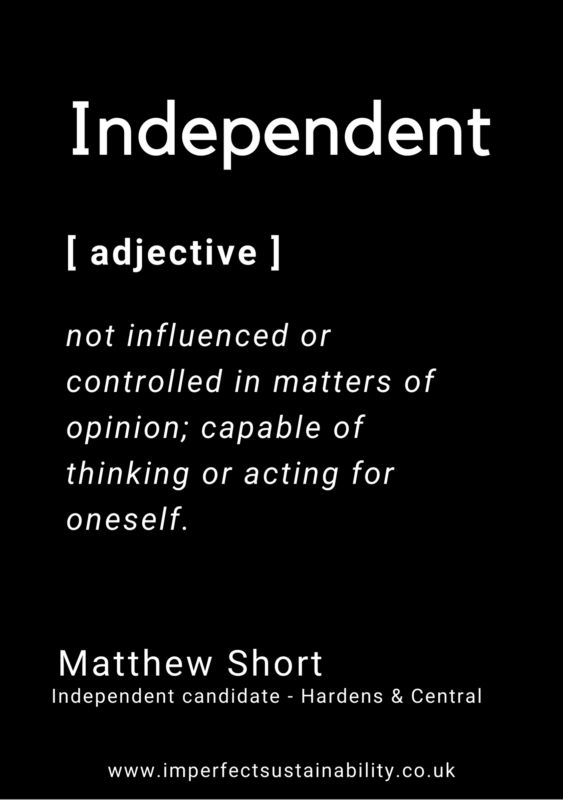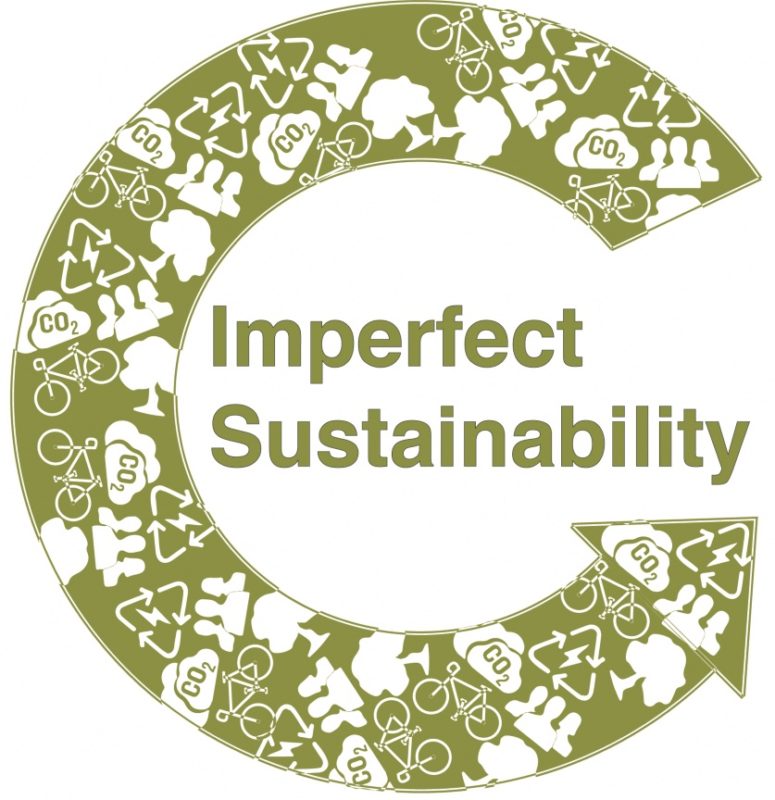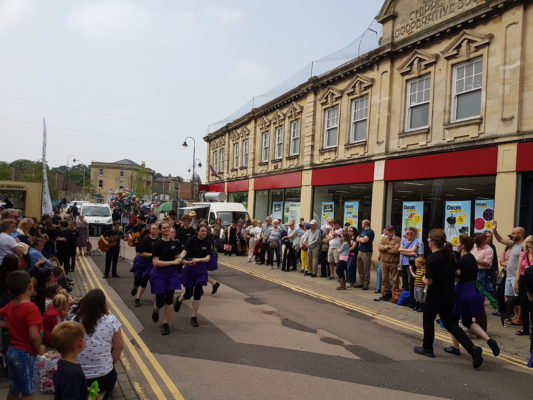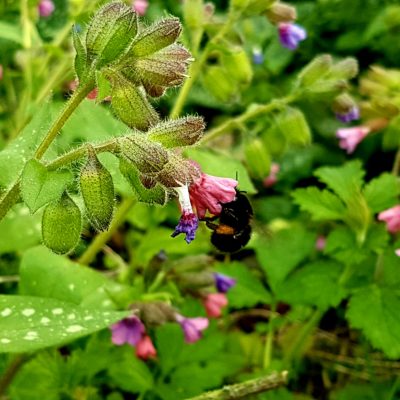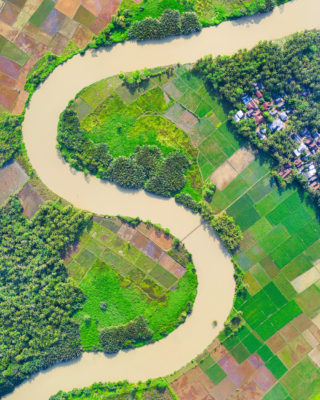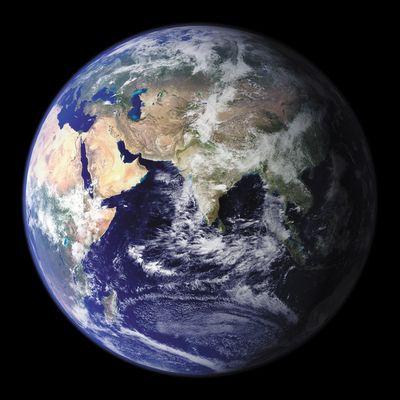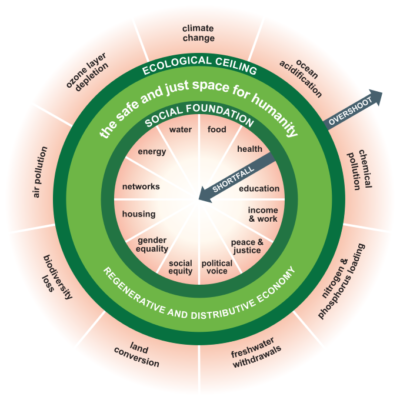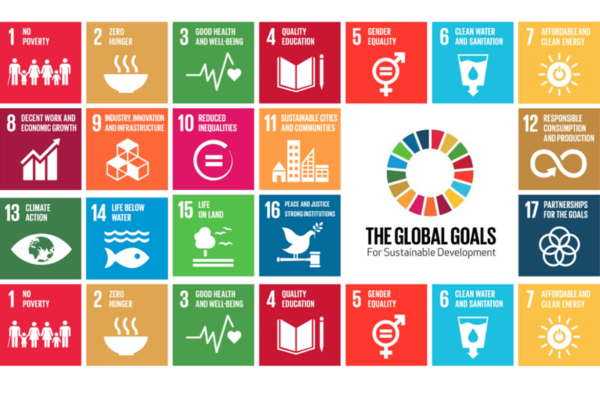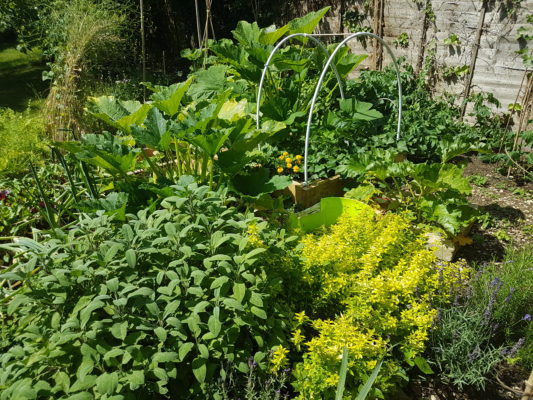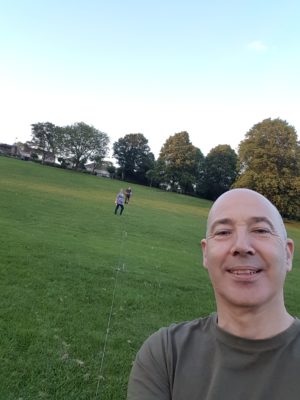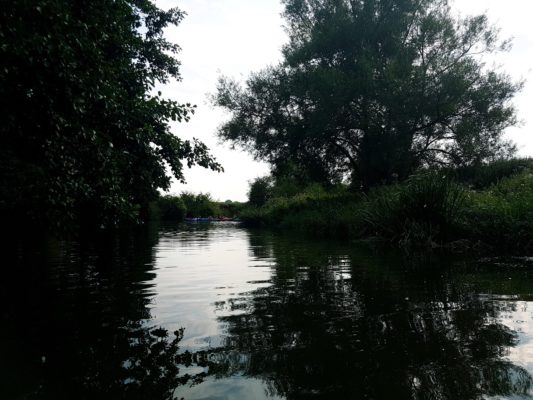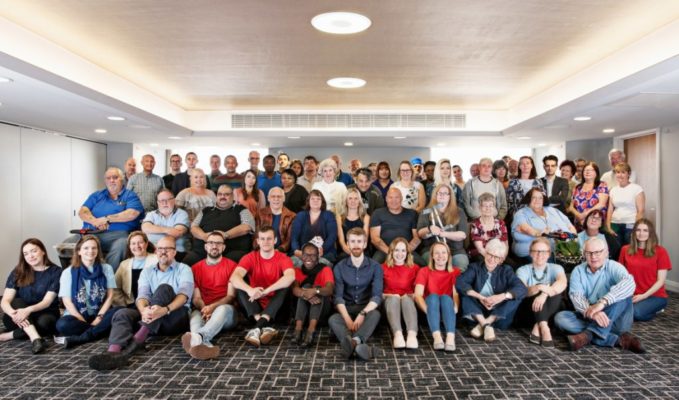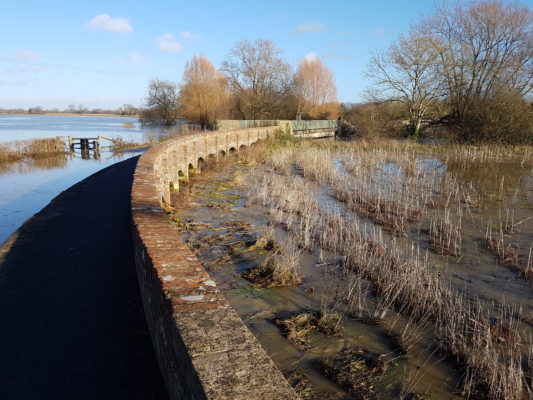So this is it, my final post before election day. I’d like to draw together my positive ideas for Chippenham’s future. This isn’t a manifesto and i’m not promising I can do all of these things, but if I can work with like minded people I will shoot for the moon!
Ideas for the Town Centre
One of my most popular blog posts has been ‘Ideas for the Town centre’. In a difficult post COVID period I will use all of my experience of setting up shops and starting our own business in Chippenham to try and help the town centre and surrounding businesses recover and thrive. I worked on the Neighbourhood Plan Economic topic group for six months and looked at incubator units, sustainable construction, and the Circular economy. I want to see young people in Chippenham’s schools and colleges able to start and try their own businesses. From Repair Cafes to a Library of Things we need to reimagine our usage of town centre spaces for all the community.
My experiences of opening our own shops, and why we didn’t open one in Chippenham has hit a chord locally. Several shops have contacted me and one has asked me to help them plot their way forward. We too had help like this a few years ago, so of course I said yes.
Protect our County Farms and Green Fields
One the main reasons I decided to stand for council was the huge changes being pushed upon Chippenham in the Future Chippenham Plan and the lesser know Local Plan update. If the plans go ahead Chippenham will transition from a market town to an enormous dormitory housing development. The new housing is not employment led and requires the selling off of county owned farms and much more land to a Joint Venture Partner.
The result will be a disaster for Chippenham. We won’t be able to meet our fair Carbon budget to stay within 1.5 degrees global warming, we will destroy land that we should be protecting and improving biodiversity, and we will remove our ability to grow food locally.
Critics might say I am being a NIMBY. Yet I gave positive comments for the Kings Walk Langley Park development that literally is in my back yard as I live opposite.
I am sad for the loss of corresponding employment space on Langley Park. In 2009 we tried to get a rental on Langley Park to build a small ‘Chocolate Factory’. We couldn’t get a rental or a response from the landlord despite the enormous ‘Units for Rent’ sign. We were eventually shown Avon House, and though we indicated we would be willing to rent, no rental offer was given. So I do believe Langley Park was manipulated for years to discourage businesses so it could be sold.
Nonetheless, the brownfield site and Passivhaus design of the housing development led to me give positive comments on this design. So no, i’m not a NIMBY, but the Future Chippenham and Local Plan consultation will be a disaster for Climate Change, Biodiversity, and our children’s children.
Evolving the way our economy works for a Sustainable Future
A slightly trickier concept this one, and one that at first might seem difficult to imagine for a town or unitary council.
But anyone that’s looked at Climate change and biodiversity loss in detail soon realises that the way our economy currently works isn’t fit for the challenges of the 21st century. This isn’t just my opinion, former Bank of England Governor Mark Carney gave his recent Reith lecture on how business has lost sight of what is of Value in its pursuit of growth and profit.
As economist Tim Jackson puts it – “spending money we don’t have, on things we don’t need, to make impressions that don’t last, on people we don’t really care about”.
So what can we do?
Well the Circular economy is one concept and one that I pushed hard to get written in to the Neighbourhood Plan economic topic group. Though in a survey some Chippenham businesses weren’t sure what it was, the response from Chippenham businesses overall was positive. Essentially the Circular economy changes the way we work from a Take, make, dispose model in our current linear economy, to recognising that we are already exceeding planetary resources and there is a huge amount of embedded energy in manufactured materials. There are already some businesses championing the circular economy such as the newly opened Refashion my Town. It’s an idea i’d like to champion in Chippenham. From a Library of Things to Repair Cafes and electric vehicle and transport rental, there are many practical ways to implement the circular economy.
Doughnut Economics. A harder concept to grasp, it essentially requires changing the way our economy works such that we stay within safe planetary boundaries, for example climate change, ocean acidification, land use change; whilst moving everyone into a meaningful social space of good health, education, employment etc. It’s being piloted across the city of Amsterdam and there are a range of policies already available for local government. My business is part of the Doughnut Economics Action Network and also named an Impact Founder by Dame Henrietta Moore of UCL London. I see no reason why Chippenham shouldn’t be at the forefront of the new economy as we move towards a sustainable world economy.
Quite simply any business that isn’t aware of sustainability will rapidly go the way of the dodo. But I see a brighter future for Chippenham and hope to use my experience and ongoing experiment in our own business to benefit businesses in Chippenham.
Climate Change, Biodiversity Loss and Sustainability
A theme that runs through everything I do and will need to connect us all in Chippenham. In my business and personal life I have tried to implement and try many of the solutions we will all need. From Solar Panels to heat pumps, low carbon builds, sustainable transport and dietary change, to plastic free packaging and local sourcing. They are all possible – we’ve done them, we have the solutions.
Whilst making Wiltshire and Chippenham Carbon Neutral is an enormous challenge and we will need to bring everyone with us and ensure no-one is left behind, the transformation required will build a better future for our children and grandchildren. This is the last best chance to put in place a council that might be able to make Wiltshire and Chippenham Carbon Neutral by 2030. It will be the most difficult thing we do, and if we stay within 1.5 degrees globally it will be a dip to the finish line for sure.
But we know how to do this, we have most of the solutions, we just have to get on with implementing them. I plan to lead positively on this and use all my experience in my own business to try and help others. We were named finalists for the South-West Environmental Sustainability awards in 2019, patron HRH Prince Charles.
Inspired by a Colombian company we work with who’ve moved from Cocaine to Cocoa (as seen on Simon Reeve), we’ve centered our company around the UN Sustainable Development Goals for 2030. There is no reason the ideas and values could not be used in a local government environment.
A Greener Chippenham
I know we are fortunate that Chippenham is already a beautiful green environment with lovely parks, but we could build upon this. A great example is the Monkton Park management programme in conjunction with Wiltshire Wildlife trust that I like to think that my son and I helped to encourage.
I’ve seen wonderful community gardens and seed banks on my journey around Chippenham. Despite living here for fifteen years walking the Hardens & Central ward allowed me to explore areas I hadn’t discovered.
I love ideas such as Incredible Edible, and perhaps we could consider farther thinking plans for River protection such as granting the River legal rights?
Participatory Democracy
Finally I’d like to consider democracy itself.
I’d like to move Chippenham at least in part to a more participatory form of democracy using Panels and Citizens assemblies. It’s clear that many residents are unhappy that decisions are apparently dropped on us with no real consultation. But it doesn’t have to be that way, it could be different.
I’d also like to consider Seventh Generation decision making. Recognising that the decisions we make now will affect hundreds of thousands of Chippenham residents yet to born. Our decisions are far reaching and we should consider their ramifications through generations.
As Jonas Salk put it – ‘The question we should ask is – are we good ancestors?”
